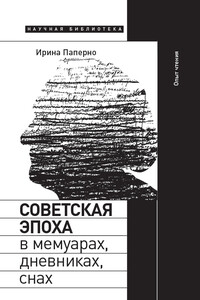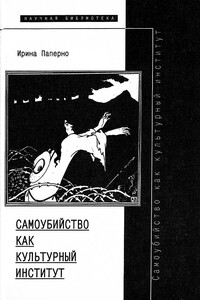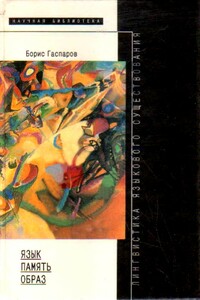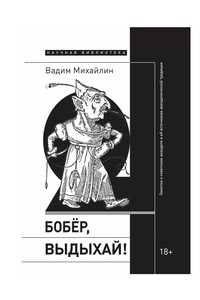Igor Dmitriev (St. Petersburg State University). «Pierre Simon Laplace — little emperor of great science». This article offers a general description of social, political and cultural aspects of the operation of French science between the Thermidorian revolt and the abdication of Napoleon. It pays special attention to the personality and some peculiarities of scientific creative work of Pierre Laplace (1749–1827), who was not only the most prominent scientist of his time but also the man who (partly thanks to his talent and reputation and partly thanks to his close relationshp with autorities) had noticeable influence on the formation of the French post-revolutionary (or, to be precise, post-Thermidore) scientific community.
Alexander Semyonov (St. Petersburg, Smolny College of Liberal Artand Sciences). «The Revolution of 1905: The Elusive Liberal Alternative». The article seeks to situate the liberal political program in the context of the 1905 revolution in the Russian Empire. It presents an argument against taking the liberal alternative in early twentieth-century Russia as a structurally given offspring of the development of liberal ideas from the nineteenth century or a function of the social position of zemstvo-constitutionalists, intellectuals, and modern professions. The author highlights paradoxes in the debates about modernity and its historical determination among the ideologues of Russian liberalism of the early twentieth century and therefore suggests that the historically formed phenomenon of the liberal alternative should be given back its dimension of political imagination and volition.
Oleg Lekmanov (Russian State University for the Humanities, Moscow State University, and Alexey M. Gorky World Literature Institute). «Fifteen notes made by Aleksandr Tinyakov on Zinaida Gippius’ book „Last poems“ (1918) (On constructing the readers’ history of literature)». This article analyses the notes made by a poet and literary critic Aleksandr Tinyakov (1886–1934) on the margins of a copy of Zinaida Gippius’ poetry collection held in the Russian State Library (Moscow) that were dicovered by the author. These notes, as the article demonstrates, represented preparatory work for Tinyakov’s review of the «Last poems» — that essay was published in the «Orlovskie izvestiya» newspaper. The poems in the «Last poems» collection were extremely critical of the Russian October communist revolution, and Tinyakov in his review declares Gippius’ book to be a socially dangerous act. Paradoxically, Tinyakov’s poetics was very close to that of Gippius, especially to the poetics of the «Last poems». Therefore Tinyakov’s criticism was waging war not on something «alien» but rather on something recognised as one’s own, something that was culturally close to the author of the review.
Ekaterina Dmitrieva (Moscow, Russian State University for the Humanities). «Re-volutio in Sense and Sensibility (on some peculiarities of Eighteenth-Century French Libertinage)». This paper suggessts that the literature of French libertinage served as one of the ab nihilo triggers of the French Revolution. It analyses the ways in which libertinage, that traditionally has been perceived as a revolution in social expressions of the erotic, might, in fact, have emerged from within the code of honntet itself. It explains how the notion of elevated or refined feeling which, in the vocabularly of eighteenth-century libertinage was used to mask desire, led to a ‘reverse evolution’ (re-volutio), and why the ensuing contrasts between refined language and unrefined behaviour, between form and reality, prompted an interpretation of the senses themselves as derivatives of language in some way.
Elena Mikhailik (Sidney, University of New South Wales). «An Unnoticed Revolution». The idea of the «literature of fact» formed in the late ‘20s by the LEF and the New LEF theorists was from its very conception founded on an irresolvable contradiction. The LEF theorists proclaimed that as of now both the form and the content of a work should be determined not by the author but by the nature of the material in question. However to single out a certain «fact» from the general flow and to arrange and edit those facts (regardless of the organisational principle employed) one needed a point of view that would exist separately from the material itself, i.e. that very authorial view that LEF strived to abolish.






